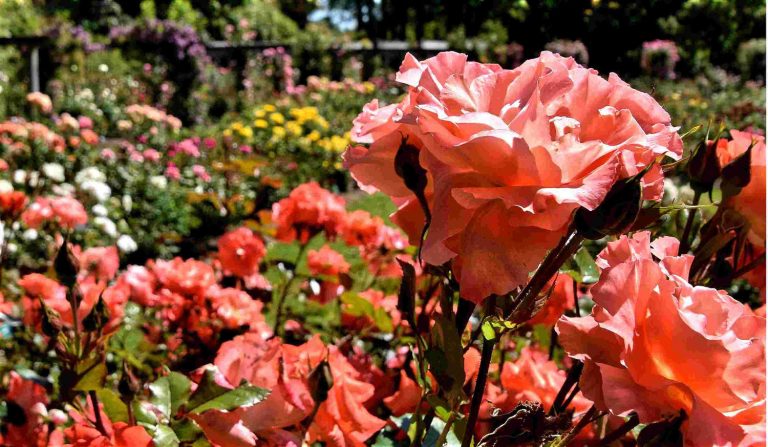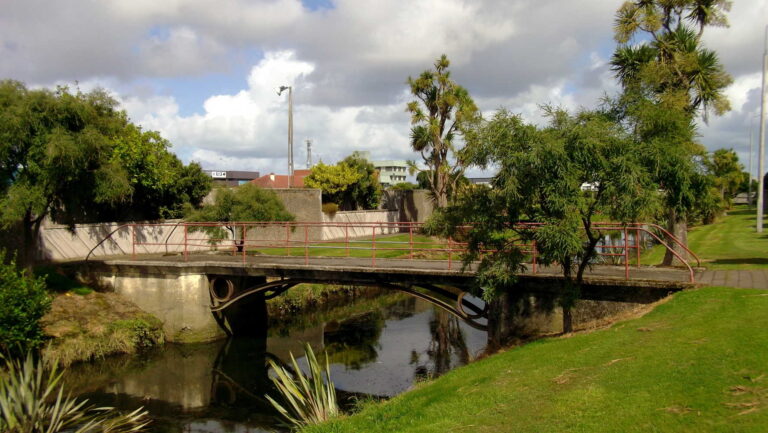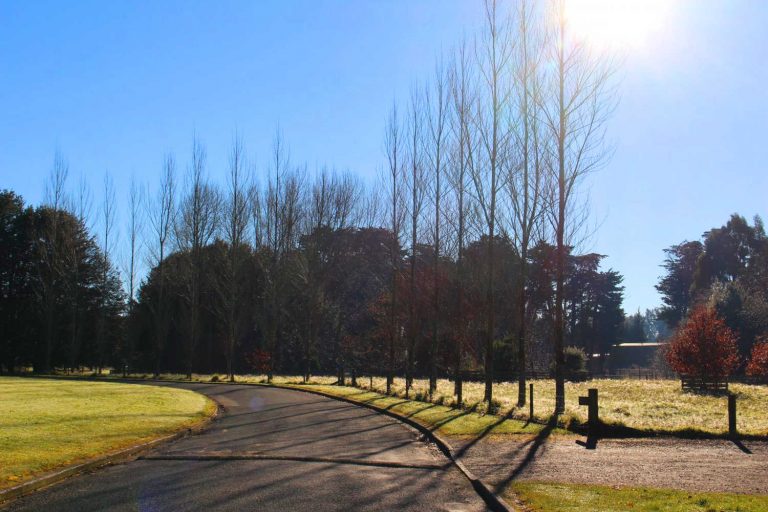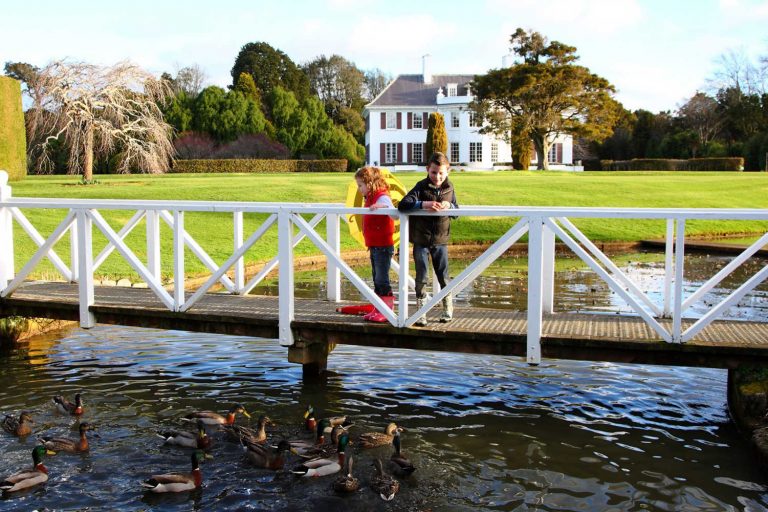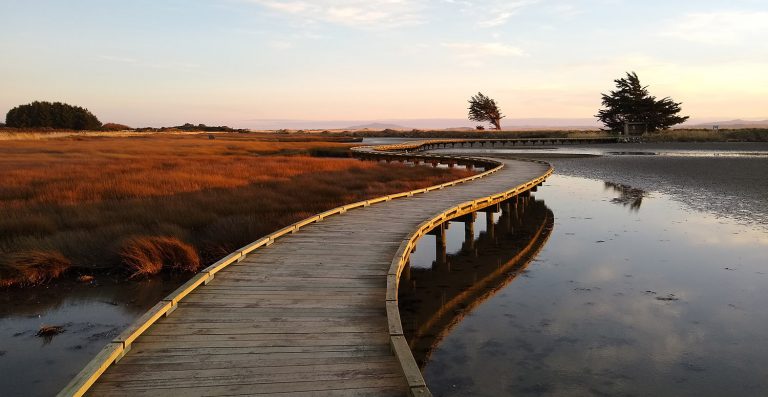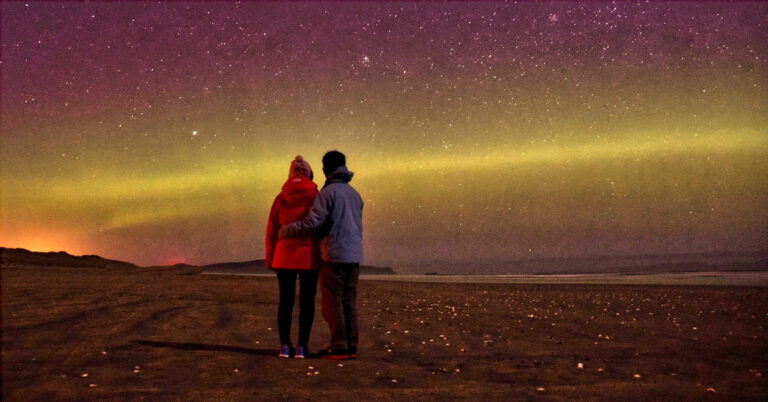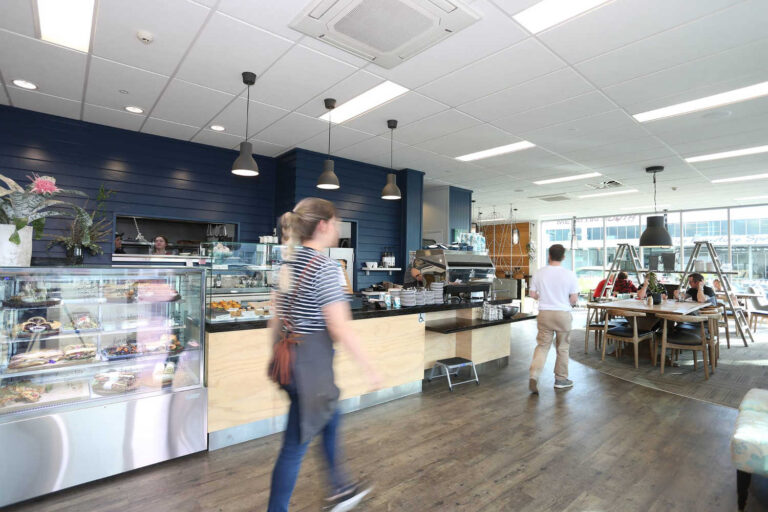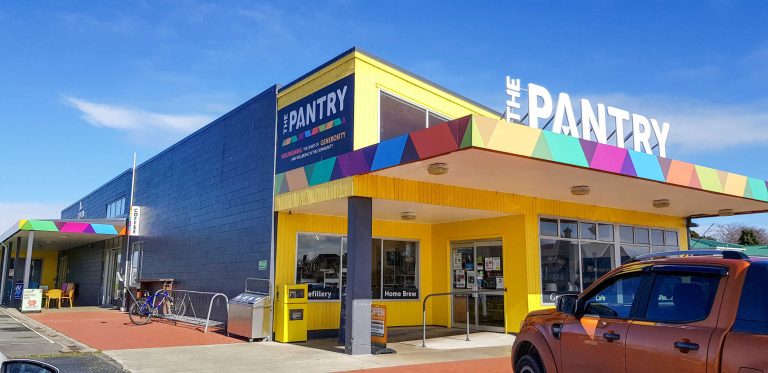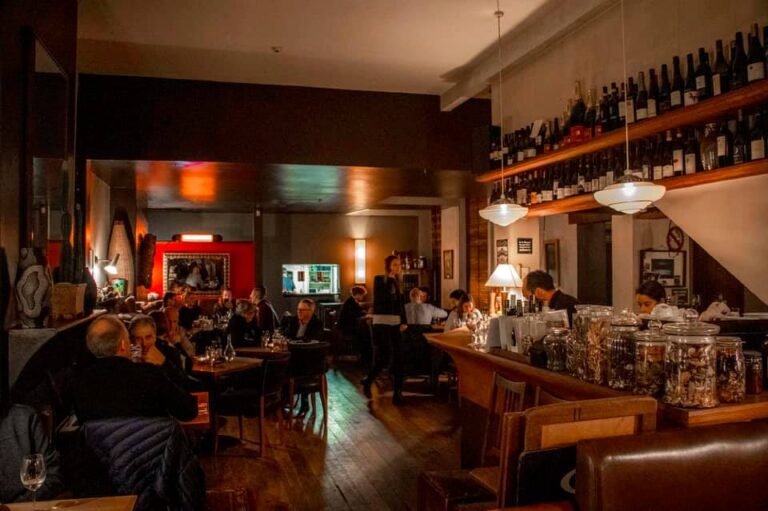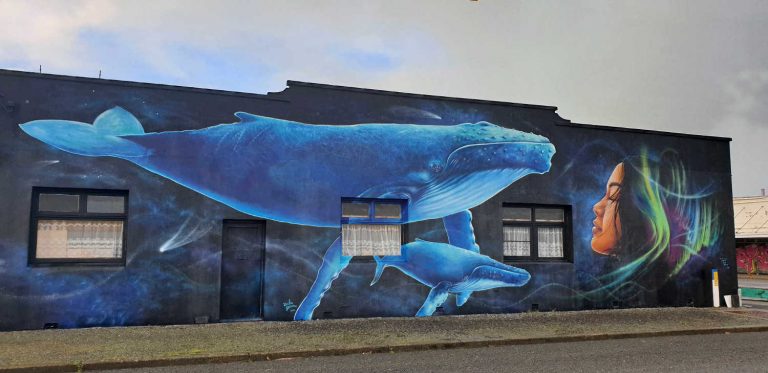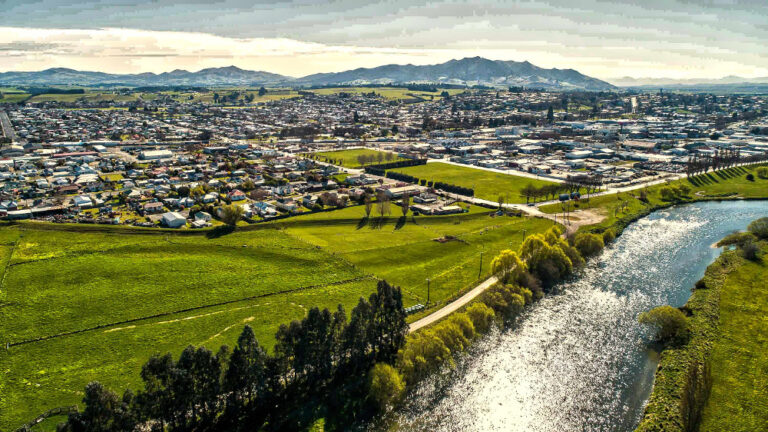Invercargill has wide boulevards lined with Victorian and Edwardian shop facades, a majestic public park or two and an elaborate wedding confection building for a City Hall. Invercargill is the icing on the cake as you travel into Southland. Southland has a mere 101,200 residents (2018) with Invercargill home to just over half the people at 56,200 residents. Empty spaces, dotted with sheep and cows), wide open skies and the estuary of the Oreti River greet visitors as they arrive. The Oreti shares the large estuary with the Waihopai River, the river lends its name to the Maori name for Invercargill, Waihōpai. Invercargill heritage buildings are outstanding and while walking you can indulge in handmade chocolates and relax enjoying a great South special, a gooey cheese roll.
The river estuary low, flat and linking the landscape from earth, water and sky defining the landscape of Invercargill. There is light, and broad sweeps of sky on view. Invercargill is attractive, elegant and surprisingly majestic for a town perched on the edges of New Zealand’s boundary between the ocean and the estuary.
Best time to visit
Spring to early Autumn
Weather
Weather Forecast for Invercargill
Getting there
Domestic flights or drive as part of your The Catlins tour which finishes in Invercargill
Getting around
Walking, the town is flat and compact.
HIghlights
- Heritage precinct with over 22 buildings alone registered with the Historic Places Trust (Heritage New Zealand)
- Action, lights and machinery especially all things wheeled. Invercargill boasts the largest collections of motorised vehicles in the Southern Hemisphere together.
- Southern scenic route is a temptation to leave town and go exploring
- Walks and cycle trails
WHAT TO SEE AND DO IN INVERCARGILL
CULTURE & HERITAGE
The town is a crafted plan (1856) with its wide streets, four parks and street names echoing Scottish rivers, Tay, Dee, Don, Spey and Esk. The architecture is a monument to the riches and the subsequent economic lows that have befallen Invercargill. Within the City Centre Heritage Area there are over 80 buildings with recognised heritage value. The Invercargill Heritage Trail is a treat for history fans of colonial architecture and changing styles up to the 1920’s.
Invercargill is flat, with comfortable shoes, cafes dotted throughout the town and a compact square city design it is an ideal heritage trail to circumvatage. There is even a glorious park or two, several in fact for picnic lunches in summer.
Invercargill Heritage Trail: The central city reflects the grid designed by New Zealand’s first Surveyor General in 1876. The city is built on bricks which is unusual in New Zealand due to the influence earthquakes has had on building materials. Heritage Trail significant buildings listed below are a brief sample of the over 80 heritage sites in Invercargill.
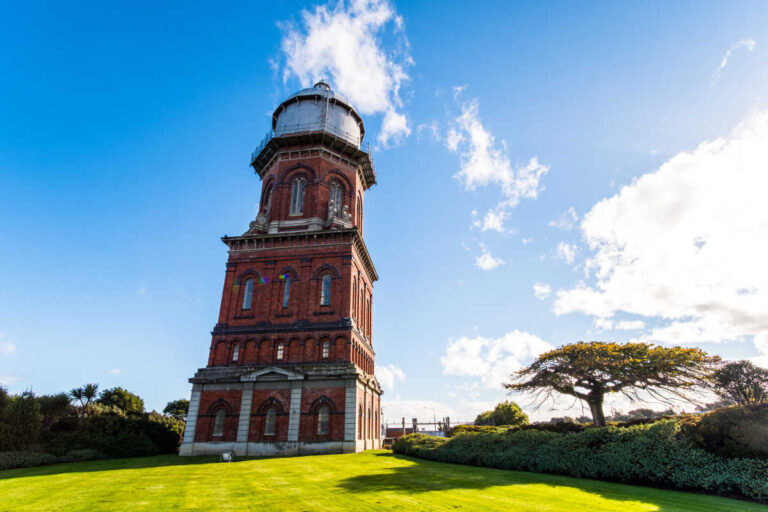
Water Tower
learn more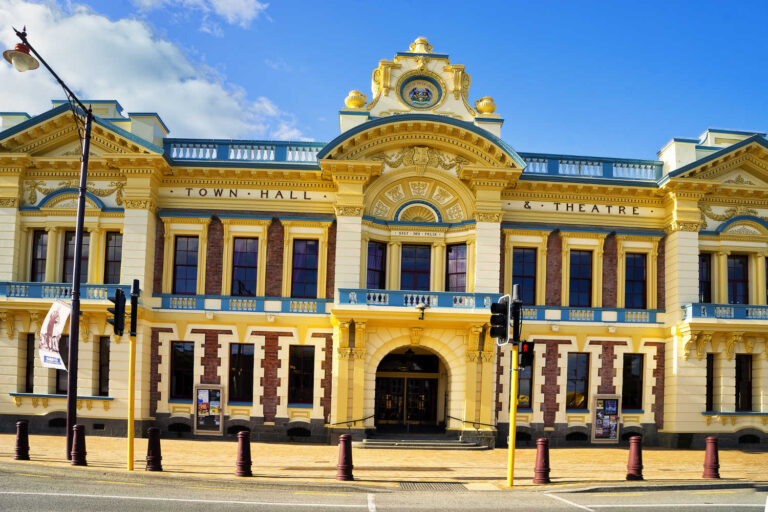
Town Hall and Civic Theatre
learn more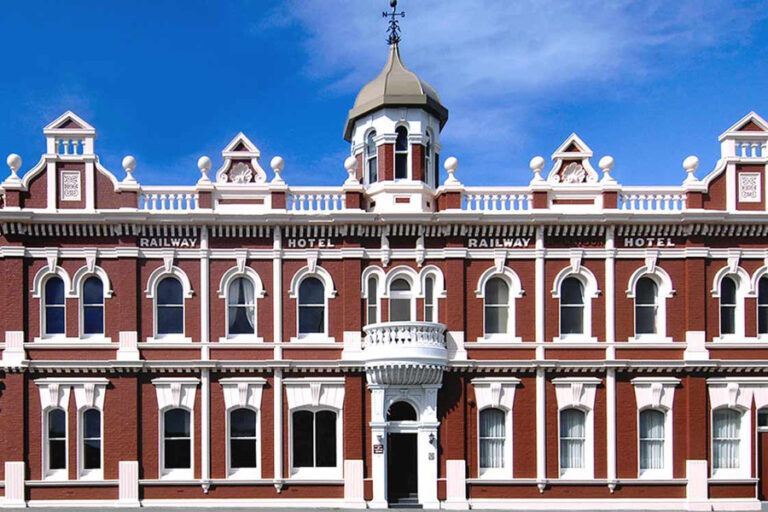
Victoria Railway Hotel
learn more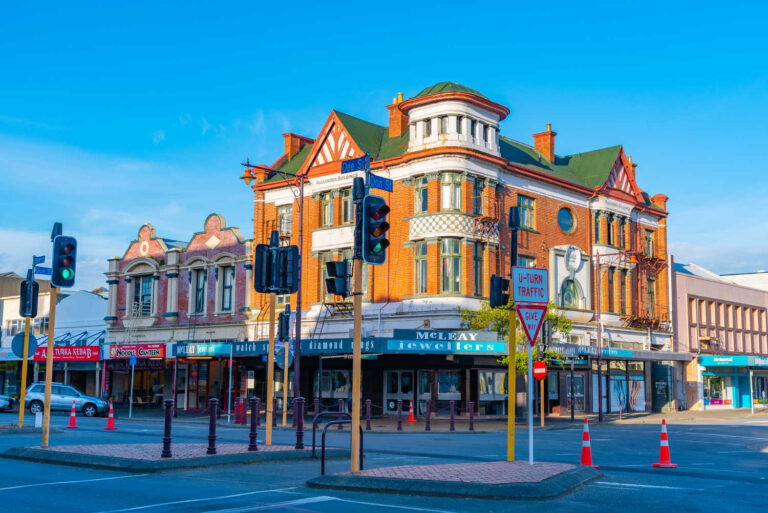
Alexander Building
learn more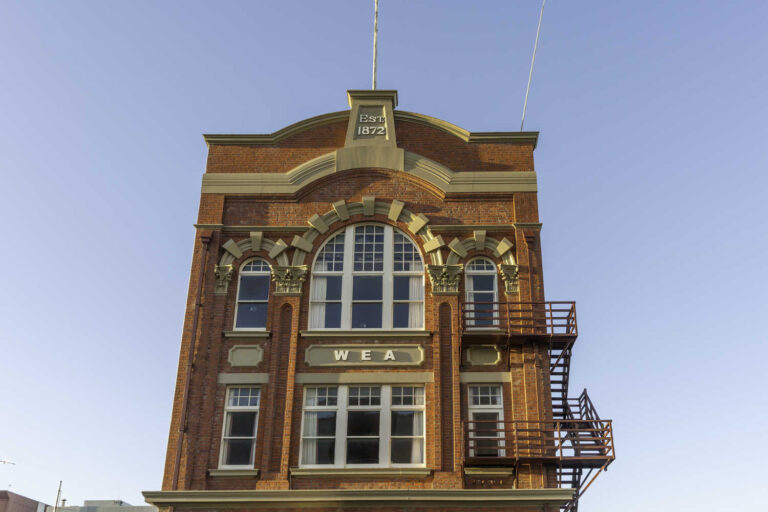
WEA Building
learn more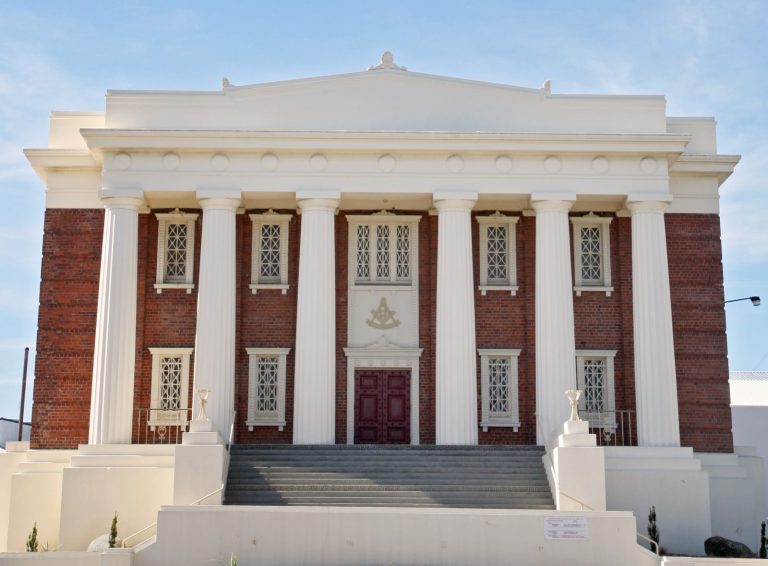
Southland Masonic Centre
learn more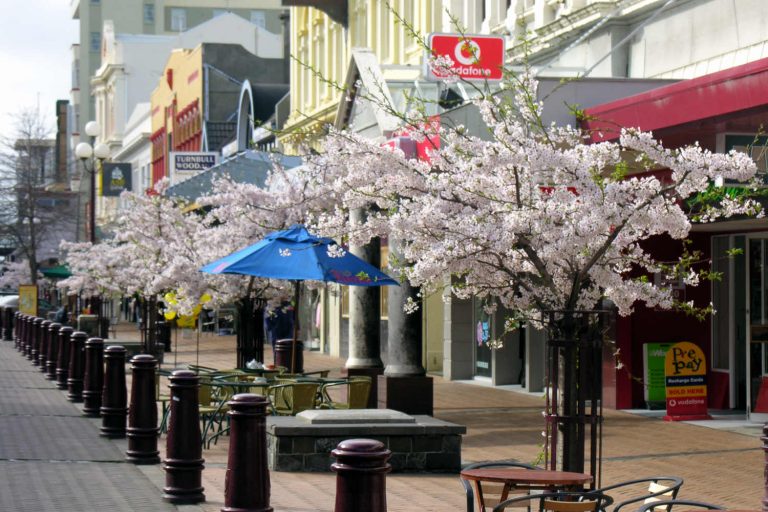
Esk Street shopping precinct
learn more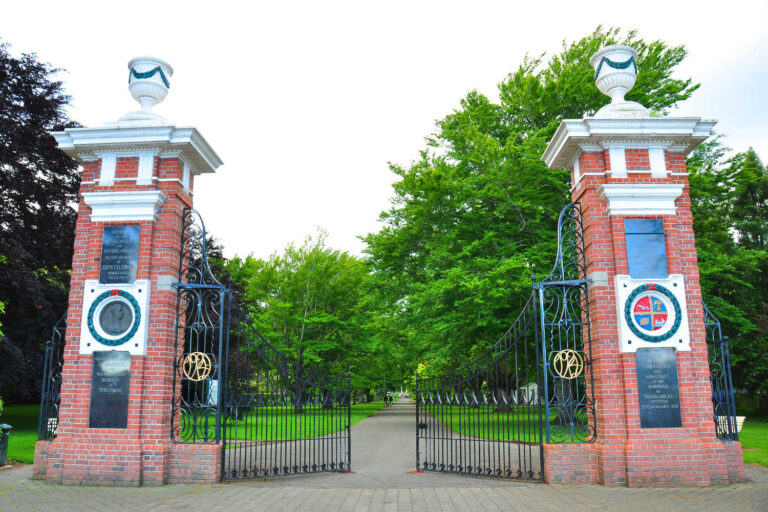
Feldwick Memorial Gates to Queen Park
learn more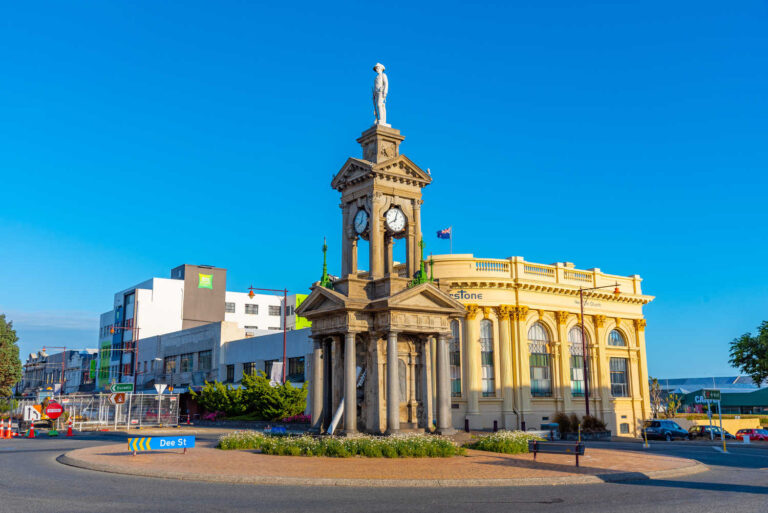
The Troopers’ Memorial
learn more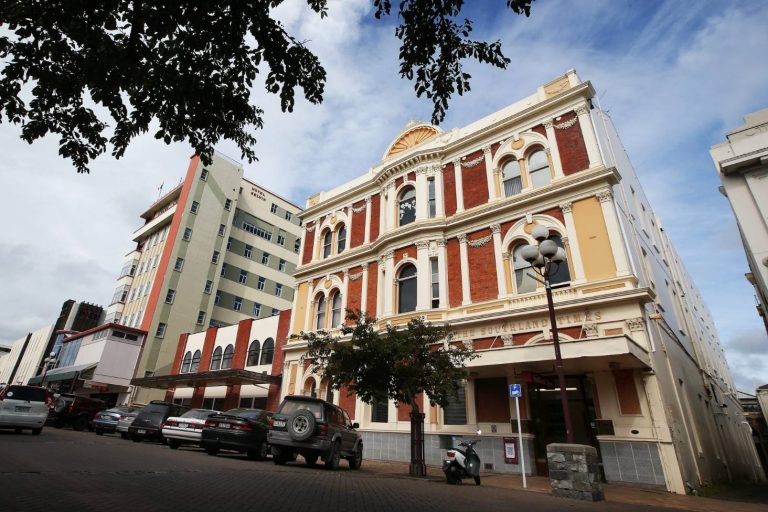
Southland Times Building
learn more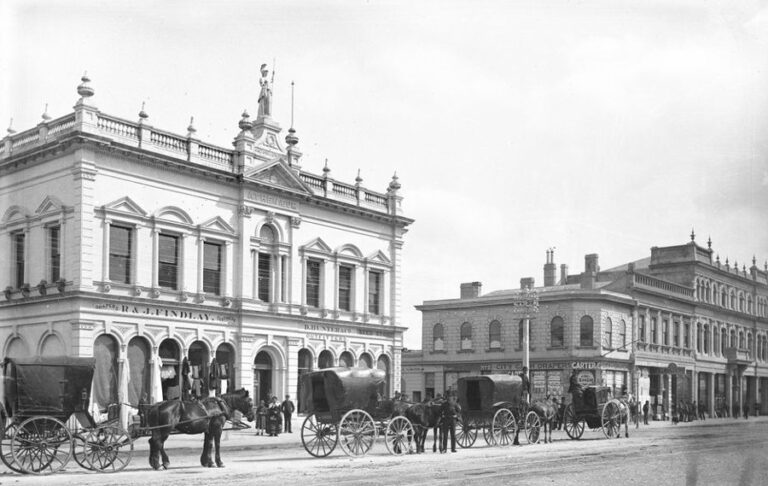
Dee Street kerbstones
learn more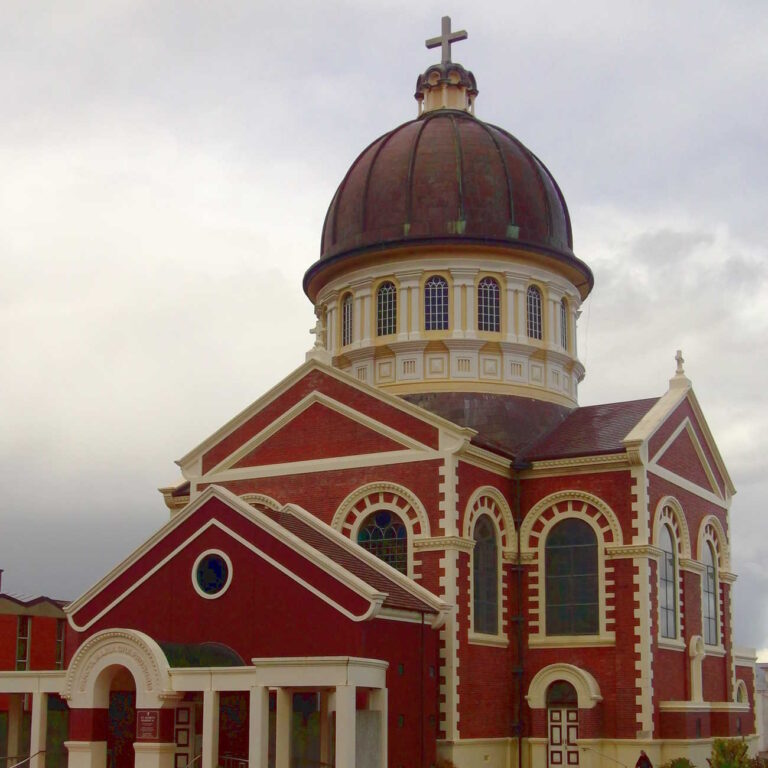
The Basilica
learn more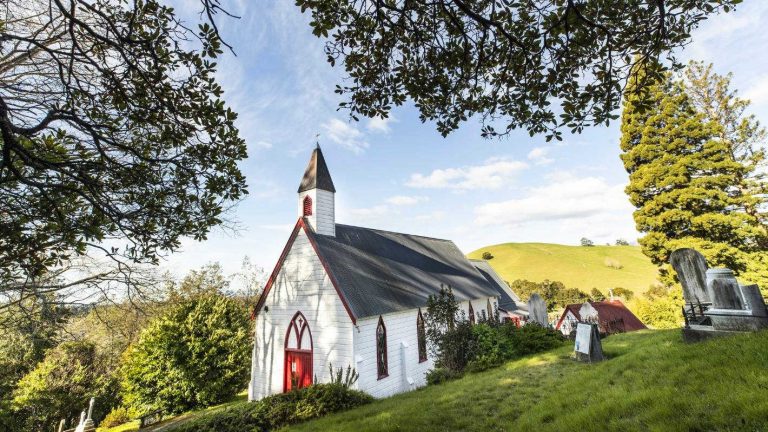
St John’s Anglican Church
learn more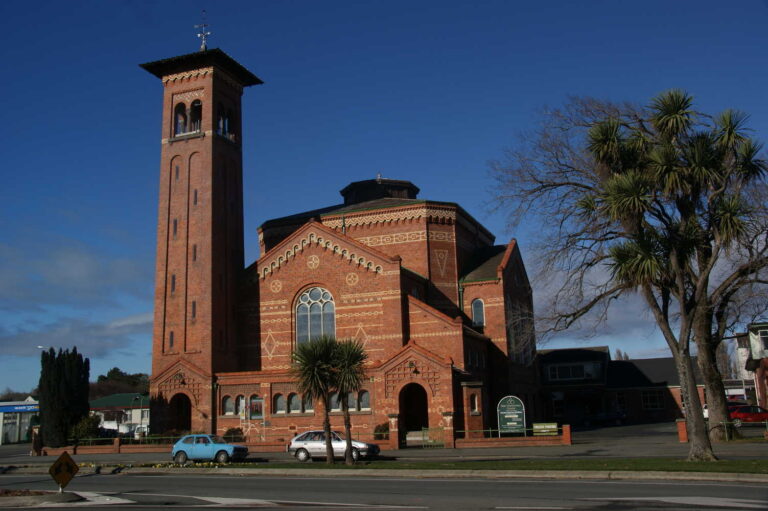
First Presbyterian Church
learn more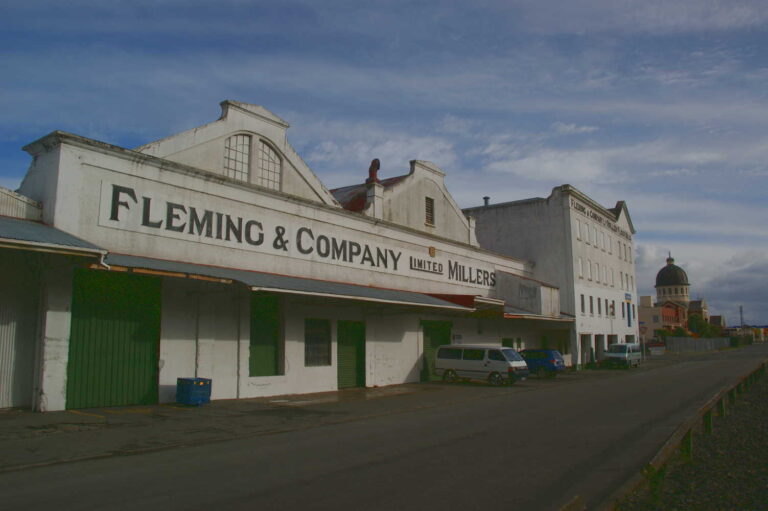
Fleming & Company Flour Mills
learn moreGARDENS & PARKS
MUSEUMS
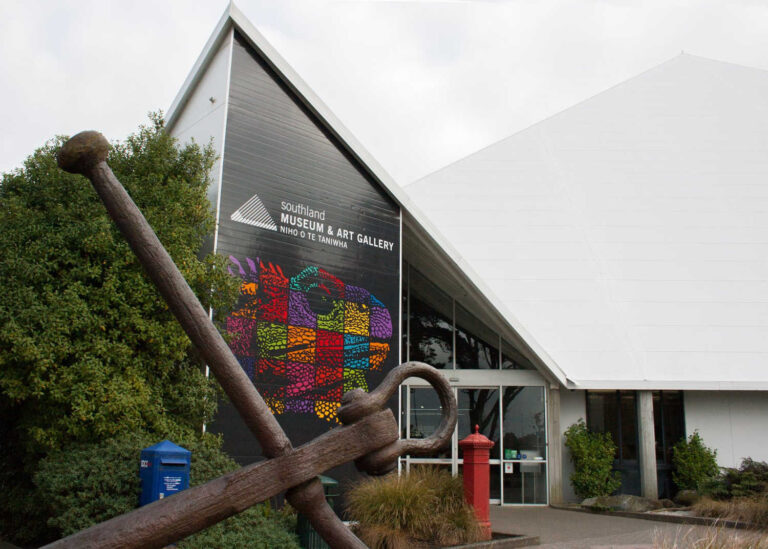
Southland Museum & Art Gallery
learn more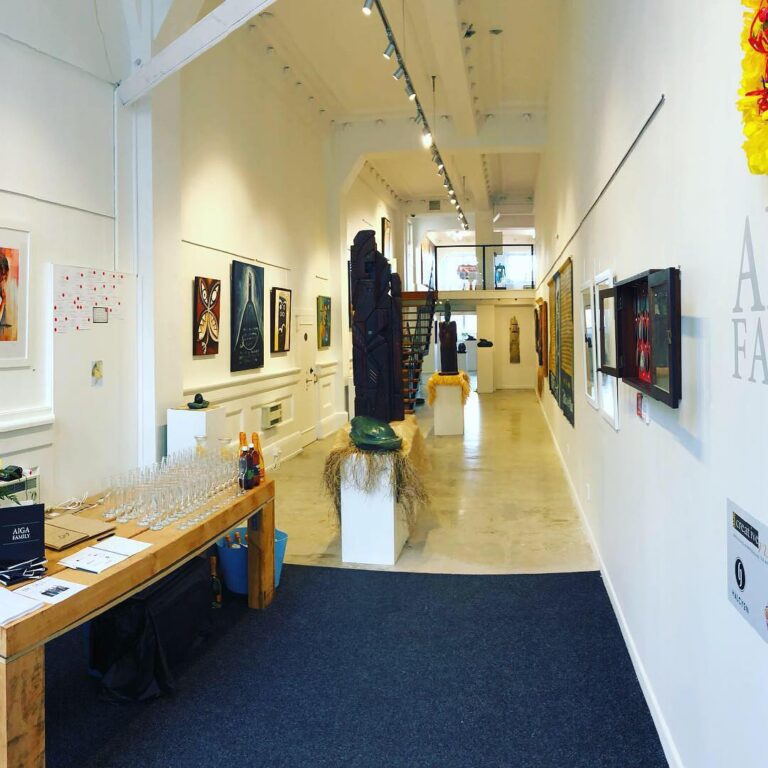
Chiaroni Gallery
learn more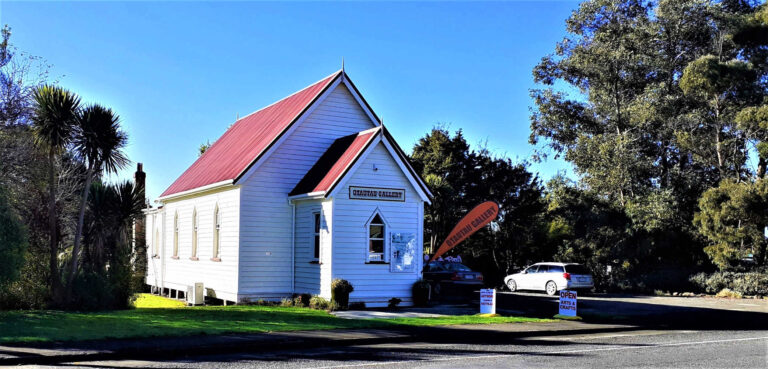
Otautau Gallery
learn more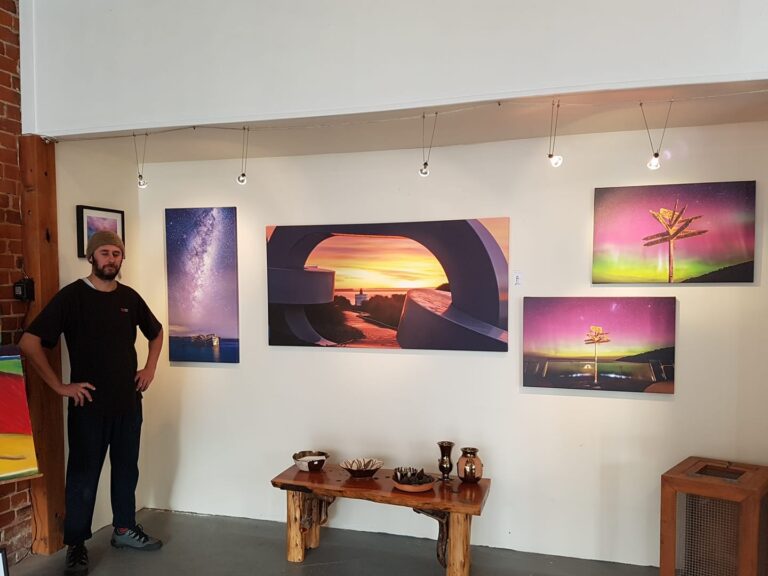
Lighthouse Gallery in Bluff
learn moreWALKS
EAT & DRINK – DETOUR TO GORE
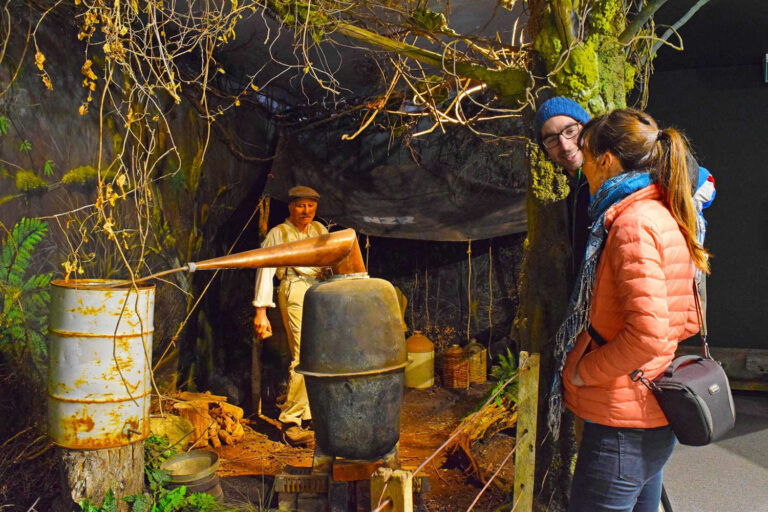
Hokonui Moonshine Museum
learn more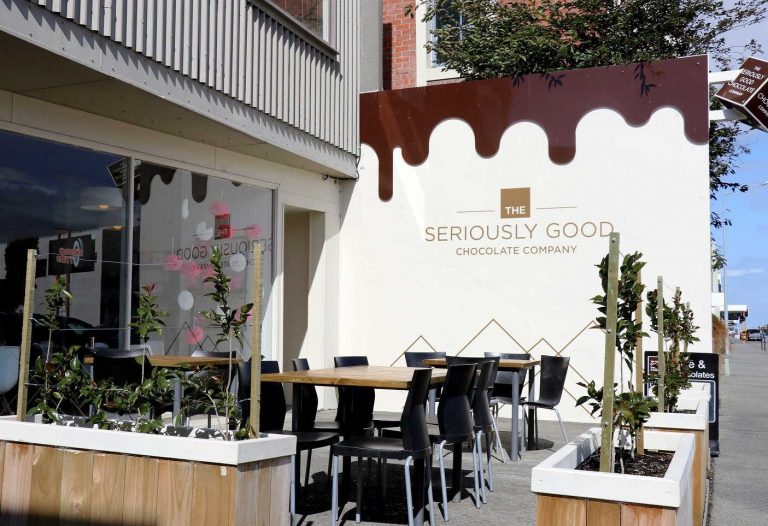
The Seriously Good Chocolate Company
learn more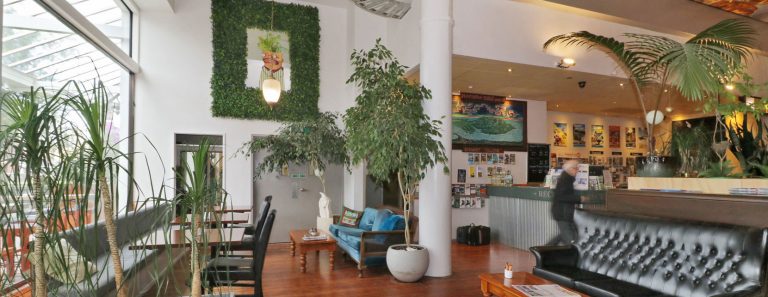
Tuatara Café
learn more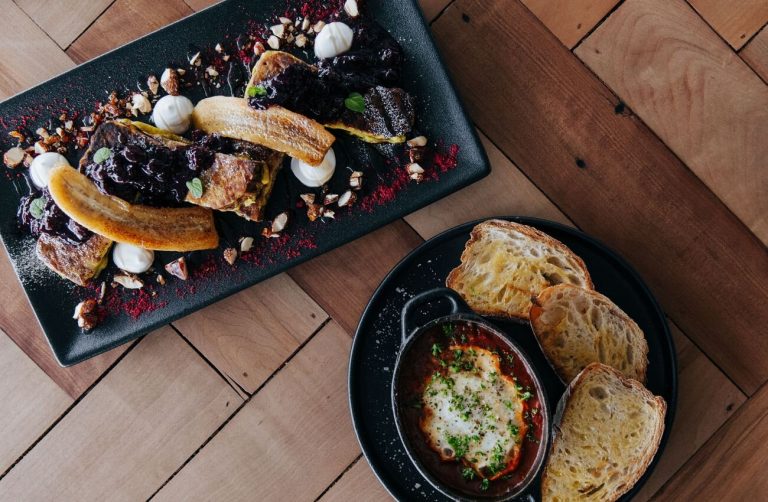
The Black Shag
learn moreThe very best things to eat, see and do in Invercargill… the Batch in Spey St and the Zookeepers Cafe in Tay St.
Then opt for a caffeine fix at Black Shag Espresso and Eatery, or a classic Southland eat, the gooey cheese roll, from Zookeepers Cafe.
Satisfy your sweet tooth at the Seriously Good Chocolate Company, who serve decadent treats like gooey hot chocolate and a selection of handcrafted chocolates with flavours like jaffa and pavlova, or Bluff oyster and cheese rolls for the more adventurous. Round out a day of dining at
Buster Crabb, where you’ll enjoy lavish local eats inside one of Invercargill’s Dee Street heritage buildings.
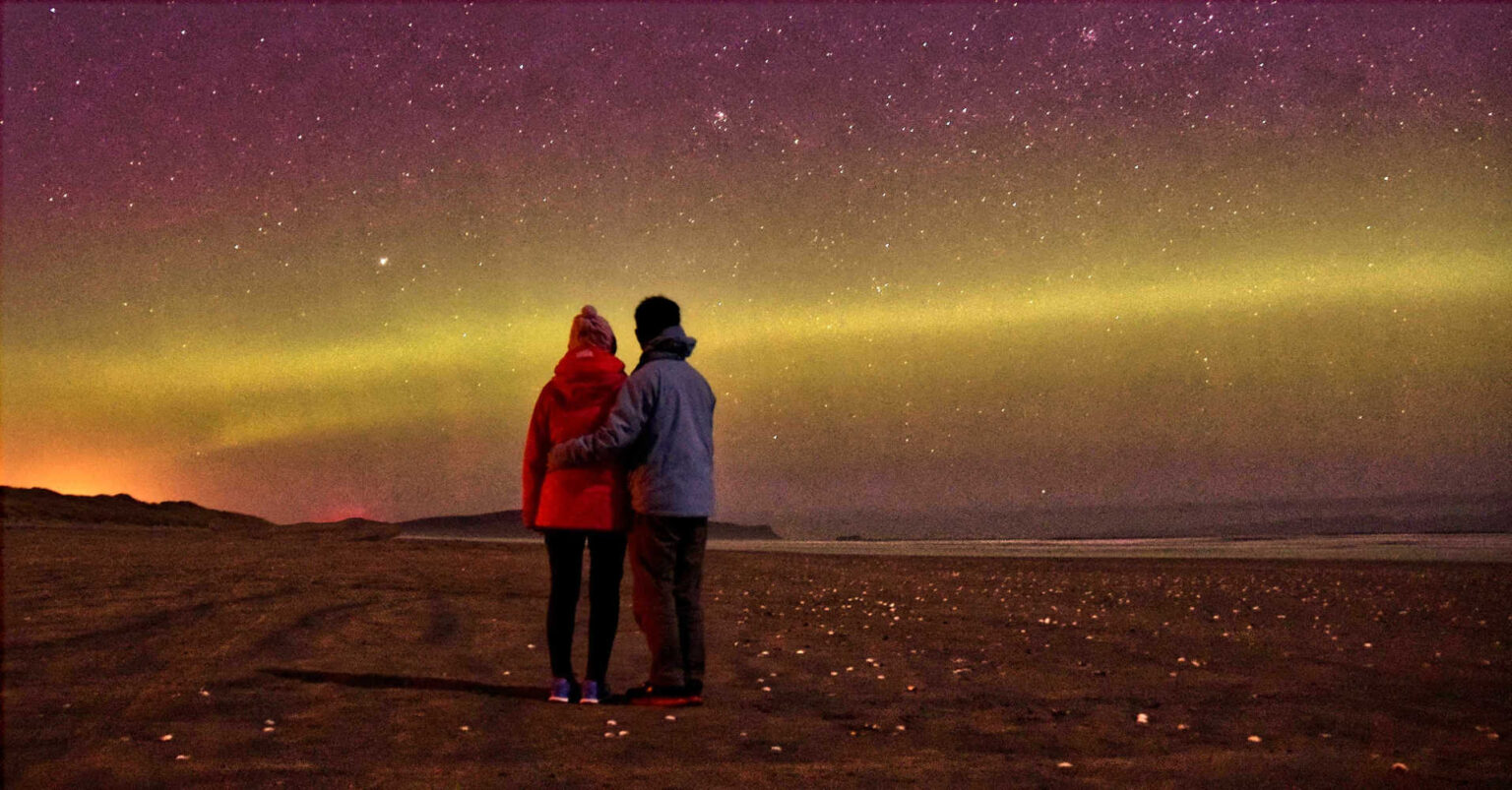
GAZE AT THE SOUTHERN STARS
From the southern coast you may get the chance to see the Aurora Australis, a natural atmospheric effect that’s tied to solar flare activity. Seeing this phenomenon is a matter of luck, but locals reckon March to September is the best time for viewing. At any time of the year, the skies above Southland are a twinkling ceiling of stars – the Milky Way and Southern Cross are extraordinarily beautiful from down here.
WHAT TO DO JUST OUTSIDE INVERCARGILL
- Jet down Waiaurahiri River 40km from Invercargill.
- Visit Bluff and sample local oysters and seafood
- Visit Gore for its art galleries, museums,
- Gemstone beach
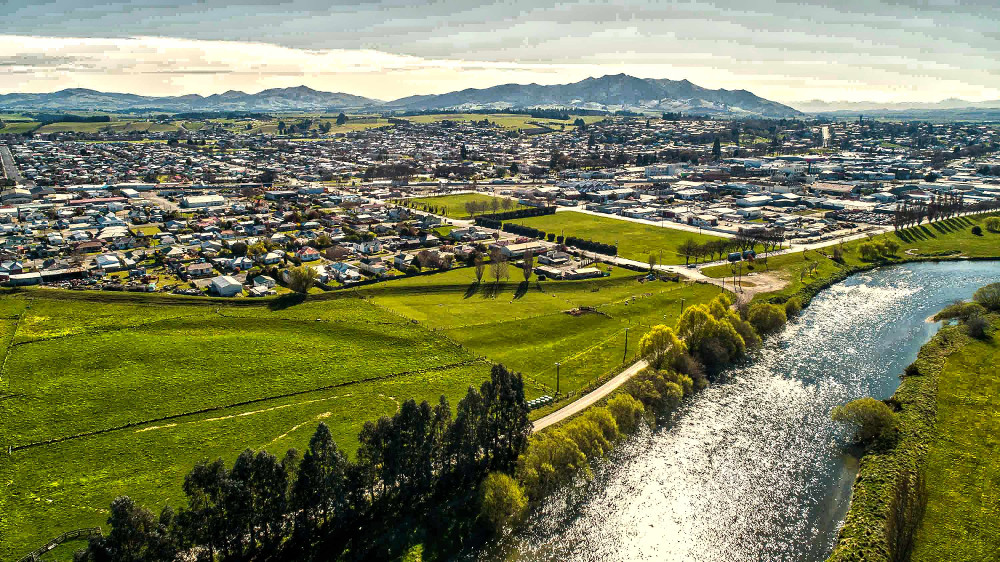

Our editors independently visit tour operators, purchase tickets, pay for accommodation, and rate products and places. We are not paid to go on a tour or visit a place. We only make money if you decide to purchase a product through our website links. You will not pay any extra, that is guaranteed.
We promise to never accept free products from manufacturers in return for boosting their products. Our independence and reviews is funded by your purchases and affiliate commissions, at no additional cost to yourself… read more about our affiliate programme in the terms and conditions HERE.
Travel pack information
Brief overview of the economic events that have created Invercargill “prosperity was responsible for the wealth of quality Victorian buildings built in the 1880s and 1890s. At the turn of the century, Southland’s timber and coal industries contributed to the growth of the town, and the many examples of Edwardian architecture are testimony to this prosperity. The large number of Art Deco style buildings indicates that the Depression of the 1930s arrived later in Invercargill than in other centres. The wool boom of the 1950s led again to economic prosperity, with the erection of buildings in the style of the modernist movement. It is this variety, proximity and coherence of historic architectural style that makes Invercargill unique.
JT Thomson, appointed the first Surveyor General of New Zealand in 1876, laid out the initial plans for Invercargill. As well as exploring the fascinating architecture of the city, this heritage trail explores some of his legacy, including the 40m wide streets in the city centre, the grid street layout, and the town belt reserves.” Southland Tourism online resource.
The heritage trail is based on Search the List for Invercargill. A goldmine of publicly available information around construction, architectural features and building materials, architects and builders involved in the buildings provenance. For heritage building buffs search the Heritage Trust list for details.
Invercargill and the sale of alcohol:
Invercargill avoids ‘prohibition’ Thursday, 26 March 2020 by Laura Smith
Invercargill residents will still be able to buy alcohol during lockdown as the city’s supply is managed within a licensing trust area. Invercargill Licensing Trust chief executive Chris Ramsay said it was advised of the decision at 10pm on Tuesday.
Before that, he worked to ensure the Government was aware of the “unique trading situations” they worked with. Those trading situations were that Invercargill residents could not buy alcohol from the supermarket, but it instead had to be purchased from bottle stores.
“The implications of a country-wide closure of bottle stores would mean that areas like Invercargill would be put back in the prohibition era.”
He said when they became aware there would be business closures, he worked to ensure the government was aware of the implications it would have.
“Just to let them know that if their intention was to ensure that all the same products and services were available throughout the country, that they perhaps ensured licensing trusts were exempt from bottle store closures, If their intention was not to do that then that was ultimately their call.”
He could not clarify which government imposed restrictions or conditions they would have to work to, but they would adhere to them once they were set. They were likely to know this week.
He said four areas maintained trading rights: The Invercargill Licensing Trust, Mataura Licensing Trust, Waitakere Licensing Trust and Portage Licensing Trust.
NOTE: To New Zealand visitors from outside the area, you cannot buy alcohol from the local supermarket.
The journey is worth it.


